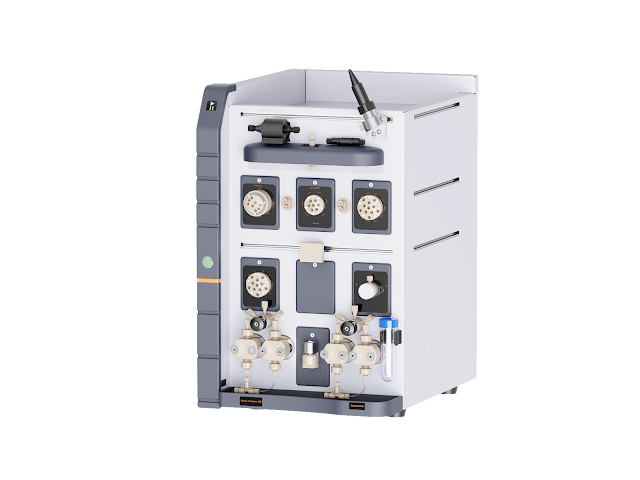Unveiling the Mysteries: The Science of Chromatography and Liquid Chromatography
Imagine a world where scientists can separate and analyze complex mixtures down to their most basic components, revealing the hidden secrets of substances with remarkable precision. This is the fascinating world of chromatography and its specialized form, liquid chromatography. These techniques are vital in various fields, from pharmaceuticals to environmental science, playing a crucial role in advancing our understanding of chemical compositions and interactions. This article delves into the intricacies of chromatography, highlighting its significance and the advancements in liquid chromatography.

The Fundamentals of Chromatography
One scientific method for separating a mixture into its constituent parts is chromatography. There are stationary and mobile phases to the process. Through the stationary phase, which divides the components according to their varying rates of migration, the mixture is carried by the mobile phase. Fundamental to chemical analysis, this method enables scientists to determine, measure, and purify the components of a mixture.
Types of Chromatography
There are several types of chromatography, each suited to different kinds of analyses. These include gas chromatography, thin-layer chromatography, and the focus of our discussion, liquid chromatography. Each type operates on the same basic principles but uses different mediums and processes to achieve separation.
The Process of Liquid Chromatography
Liquid chromatography (LC) is a technique where the mobile phase is a liquid. This method is particularly useful for separating ions or molecules that are dissolved in a solvent. The process involves passing the liquid sample through a column filled with a stationary phase. The different components of the sample travel at different speeds, allowing them to be separated and analyzed.
Applications of Liquid Chromatography
The applications of liquid chromatography are vast and varied. In the pharmaceutical industry, it is used for the purification of drugs and the identification of compounds within a mixture. In environmental science, it helps in detecting pollutants in water and soil samples. Food and beverage industries utilize liquid chromatography for quality control and to ensure the safety of their products. The versatility and precision of this technique make it indispensable in scientific research and industrial processes.
Advancements in Liquid Chromatography
The field of liquid chromatography has seen significant advancements over the years. High-performance liquid chromatography (HPLC) is one such advancement, offering greater resolution, speed, and sensitivity compared to traditional methods. HPLC uses high pressure to push the mobile phase through the stationary phase, achieving faster and more efficient separations. Innovations such as ultra-high-performance liquid chromatography (UHPLC) have further pushed the boundaries, enabling even more precise and rapid analyses.
Why Chromatography Matters
Chromatography, including liquid chromatography, is crucial for scientific progress. It allows for the detailed analysis of complex mixtures, providing insights that are essential for research and development across multiple industries. By understanding the composition and behavior of different substances, scientists can develop new drugs, improve environmental monitoring, enhance food safety, and drive technological innovation.
Challenges and Future Directions
Despite its widespread use and advancements, liquid chromatography faces challenges, such as the need for highly specialized equipment and trained personnel. Moreover, the analysis can be time-consuming and costly. However, ongoing research and technological advancements are addressing these challenges, making the technique more accessible and efficient.
The future of liquid chromatography lies in the development of more automated systems, miniaturization of equipment, and the integration of advanced data analysis tools. These innovations will likely make the technique faster, more accurate, and more user-friendly, broadening its applicability and impact.

Conclusion
For those interested in exploring the depths of chromatography and understanding the advancements in liquid chromatography, Inscinstech.com.cn offers a wealth of information and resources. This platform provides detailed insights into the latest developments and applications of these techniques, ensuring that researchers and industry professionals can stay at the forefront of scientific progress. By visiting Inscinstech.com.cn, you can gain comprehensive knowledge and tools to harness the power of chromatography in your scientific endeavors.
.jpg)

Comments
Post a Comment